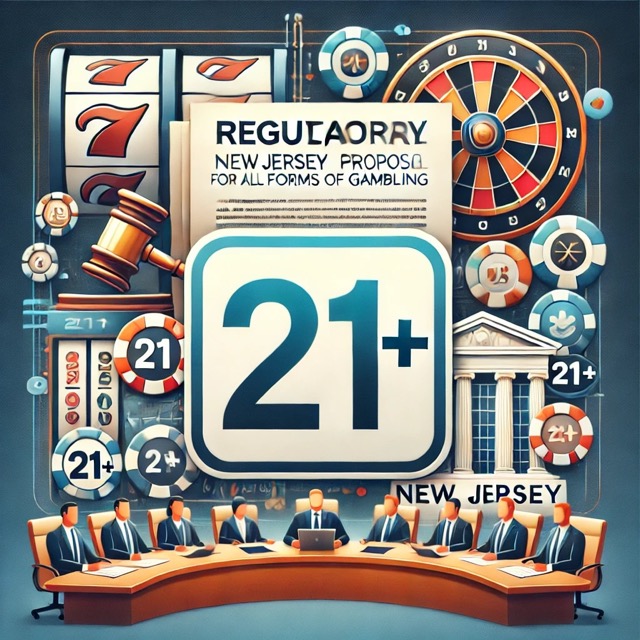
As the gambling industry evolves, so too must the regulations that govern it. In a bold move, David Rebuck, New Jersey’s former top gambling regulator, has proposed raising the legal gambling age to 21 for all forms of gambling. His recommendations could set a precedent for states across the U.S., reshaping the industry and focusing on protecting young adults from potential gambling addictions.
The Case for Raising the Age Limit
Currently, in several states, individuals as young as 18 can participate in various forms of gambling, including purchasing lottery tickets and playing fantasy sports. However, research increasingly shows that younger adults are particularly vulnerable to developing problematic gambling behaviors. Raising the minimum gambling age to 21 would offer additional protection for this demographic, allowing young adults more time to develop financial literacy and responsible decision-making skills before engaging in gambling activities.
Rebuck’s recommendation addresses a growing concern: as online gambling continues to expand, the accessibility and appeal of gambling to younger audiences increase. Social casino games, sports betting apps, and other forms of digital gambling have made it easier than ever for young people to gamble, sometimes without fully understanding the risks involved. By setting the legal age at 21 across all gambling platforms, regulators can create a more unified, responsible gambling framework.
The Pushback and Potential Implications
While Rebuck’s recommendations have garnered support from responsible gambling advocates, the proposal to raise the age limit is not without its challenges. Some states may resist implementing such regulations due to the potential loss of revenue. Lottery sales, in particular, could be affected, as they often attract younger players. Additionally, the fantasy sports industry, which is currently treated as a game of skill in many states, may face pushback if it is suddenly classified as a form of gambling.
On the other hand, states that choose to adopt Rebuck’s recommendations could set a new standard for responsible gambling. By aligning the legal gambling age with other age-restricted activities like alcohol consumption, states could strengthen their commitment to protecting young adults from the harms associated with gambling.
A Nationwide Trend?
Rebuck’s recommendations come at a time when several states are reevaluating their gambling regulations in light of the rapid expansion of online gaming. If New Jersey adopts his proposal, it could inspire other states to follow suit, particularly as the gaming industry continues to grapple with issues related to problem gambling and consumer protection. For states looking to strike a balance between fostering a robust gambling market and safeguarding their residents, raising the minimum age could be a logical next step.
In conclusion, the push to raise the legal gambling age to 21 is more than just a policy change; it’s a reflection of the broader societal shift toward greater accountability and protection in the gaming industry. As states across the U.S. continue to evaluate their regulations, Rebuck’s proposal could serve as a blueprint for creating a more responsible gambling environment.








